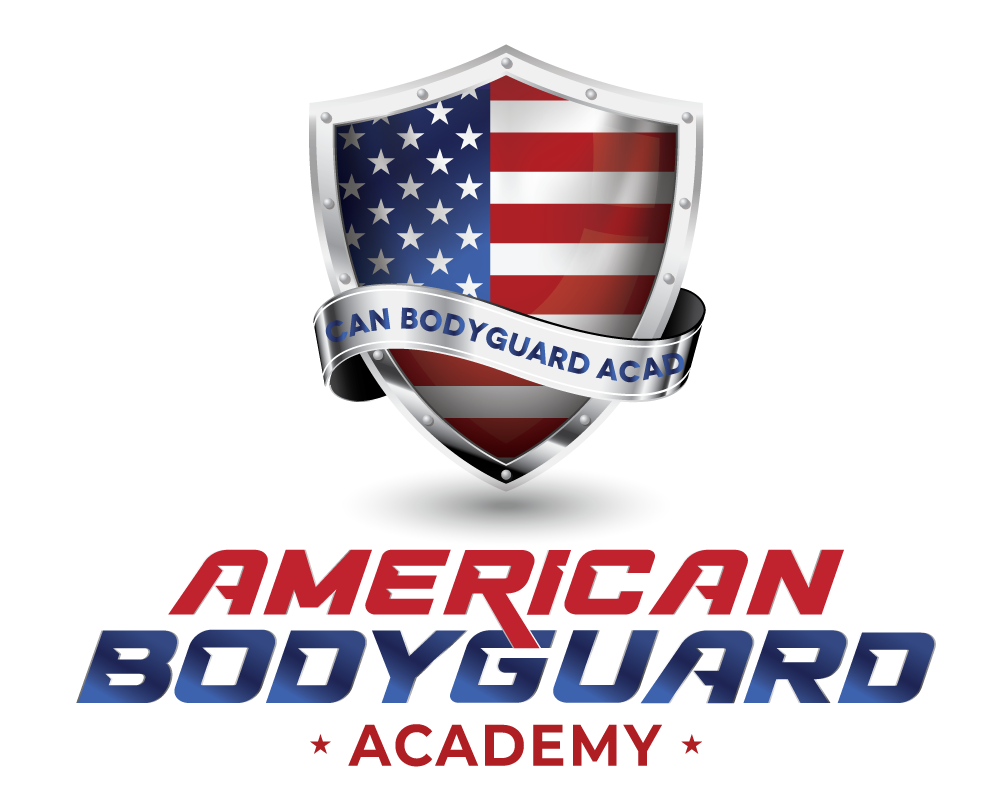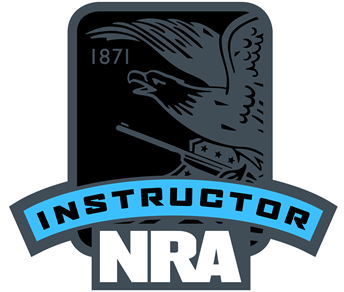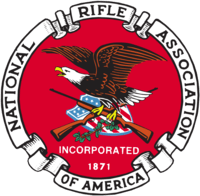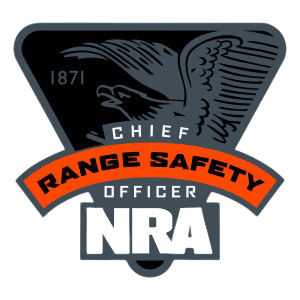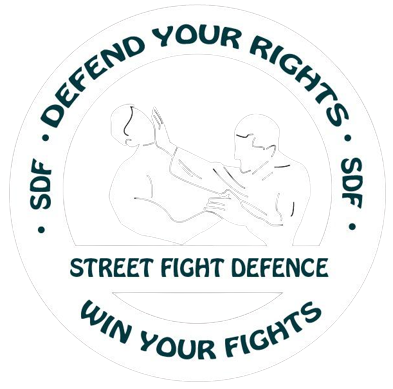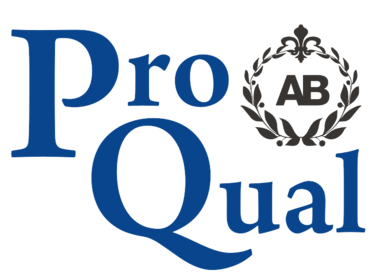14 Day ABA Level 3 Certificate For Working As A Close Protection Operative Within The Private Security Industry "Executive Close Protection "
Dates
Any time of the month
Length
14 DAYS
Cost
$5980
Locations for live
USA, UK, Thailand, Lebanon, Sri Lanka, Spain, Italy and singapore
Introduction
The 140 guided learning hours close protection course covers all aspects from theory to practical with 3 multiple questions exam papers at the end of the course. You will be put through your paces from our highly experienced tutors, so prepare to train hard every single day. We finish the course with 3 days of final exercises protecting 3 types of clients that you will possibly come across in your future career, so this course really prepares you for medium and high risk and celebrity bodyguarding duties.
WHO IS THIS COURSE FOR?
The 14-Day course also gives the learner the minimum requirements if ex-Military, to apply for overseas high-risk Jobs such as Iraq and South America. Domestic surveillance employment and entry onto the world of the professional bodyguard.
Assessments
- Externally set and externally assessed MCQ 25 questions, 40 minutes duration, 70% pass mark
- Externally set and internally assessed open response questions
- Internally set and internally assessed Practical Tasks
- Externally set and externally assessed MCQ 30 questions, 45 minutes duration, 70% pass mark
- Externally set and internally assessed open response questions
- Internally set and internally assessed Practical Tasks
- Externally set and externally assessed MCQ 20 question, 30 minutes duration, 70% pass mark
Minimum Required Kit List
Clothing
- Grey, Blue or Black Suit, black shoes, dark or neutral tie, black socks, belt
- Casual Jeans or Dockers; gym clothing
- Laptop with Microsoft word and power point,
- USB memory stick with 10 GB max
- Pencil and pen, eraser
Anyone wishing to enter the medium to high risk industry of close protection armed and unarmed and to enter the surveillance industry as a trained operative.
The 14-day course also gives the learner the minimum requirements to apply for overseas high-risk jobs such as Iraq and South America. Domestic Surveillance employment and entry into the world of surveillance.
WHAT’S INCLUDED:
30 Years UK and USA instructor experience
Support for work opportunities and CV building
WHAT IS NOT INCLUDED:
- Accommodation (where applicable)
- Food and beverages (where applicable)
- Flights (where applicable)
- Airport transfers (where applicable)
- Safety glasses (where applicable)
- Ear defenders (where applicable)
Qualification
Level
3
Skill Prerequisites
Good Understanding For English
- *All Prerequisite Awards Should Not Be Expired So Please Check The Expiry Date Before Applying
- *All Candidates Should Have A Reasonable Level Of Personal Fitness
Qualification Units
The qualification comprises Seven mandatory units:
- 1. Principles of Working as a Close Protection Operative in the Private Security Industry
- 2. Working as a Close Protection Operative in the Private Security Industry
- 3. Application of Conflict Management in the Private Security Industry
- 4. Principles of Terror Threat Awareness in the Private Security Industry
- 5. Principles of Working as a Door Supervisor for Close Protection Operatives in the Private Security Industry
- 6. Application of Physical Intervention Skills for Close Protection Operatives Working in the Private Security Industry
- 7. Application of Physical Intervention Skills for Close Protection Operatives Working in the Private Security Industry
The qualification comprises three mandatory units:
Unit 1 – Working as a Close Protection Operative
- Understand the roles and responsibilities of a close protection operative
- Understand basic surveillance, anti-surveillance and counter-surveillance techniques
- Understand legislation relevant to a close protection operative
- Understand the importance of interpersonal skills within a close protection environment
- Understand the importance of reconnaissance within a close protection environment
- Understand search procedures within a close protection environment
- Be able to establish and maintain secure environments
Unit 2 – Planning, Preparing and Supporting a close Protection Operation
- Understand the importance of threat assessment, risk management and operational planning
- Understand the importance of teamwork and operational briefing within a close protection environment
- Understand close protection foot drills
- Understand the importance of planning for route selection
- Understand the importance of transport management within the close protection environment
- Understand incident management within a close protection environment
- Understand venue security operations
- Be able to plan and prepare to carry out a close protection operation
- Be able to provide close protection of a principal
Unit 3 – Conflict Management within the Private Security Industry
- Understand the principles of conflict management appropriate to their role
- Understand how to recognise, assess and reduce risk in conflict situations
- Understand how to communicate in emotive situations to de-escalate conflict
- Understand how to develop and use problem-solving strategies for resolving conflict
- Understand good practice to follow conflict situations
